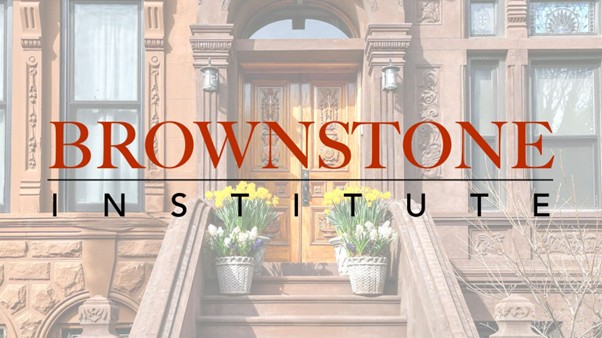
The Brownstone Institute is an educational nonprofit corporation. It was founded in 2021 by Jeffrey A. Tucker in response to the COVID-19 lockdowns. The institute's mission is to be an independent voice for personal liberty and free enterprise, aiming to influence a post-lockdown world by generating new ideas in public health, economics, scientific discourse, and social theory.
The core purpose of the institute is to defend and promote the liberties that it believes are critical for an enlightened society. It operates on the philosophy that basic liberties are difficult to reclaim once lost and that lasting change can only come from a shift in public philosophy. The Brownstone Institute views itself as a sanctuary for a community that arose during a time of growing censorship and public intimidation of dissenters.
This video provides an interview with Jeffrey Tucker where he discusses the Brownstone Institute's mission to minimize violence and maximize freedom.
It provides a home for writers, researchers, and scientists who made sacrifices for what they believe to be truth and freedom. The organization is a 501(c)(3) nonprofit, and it has an active online presence, including a website where it publishes numerous articles and accepts donations.
The institute has been described as the "spiritual child" of the Great Barrington Declaration, a document co-authored by scientists who are now associated with Brownstone. Its work focuses on a broad range of topics, including what it calls the "government-industrial complexes" and the systematic replacement of natural systems with artificial ones. The institute's focus is to provide a platform for new generations of intellectual leadership that are exploring alternatives to legacy institutions like media, medicine, and government agencies. This new leadership is seen as a way to help people reclaim control over their lives and their freedom.
The Brownstone Institute's publications address subjects from economics and technology to social philosophy and culture. Their articles often focus on what they view as a mass loss of trust in established institutions and the need for a "great transition" toward a more free and voluntary society.